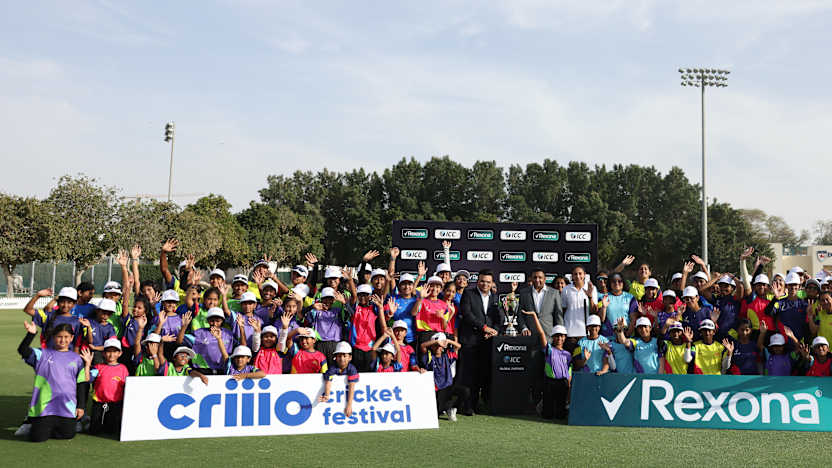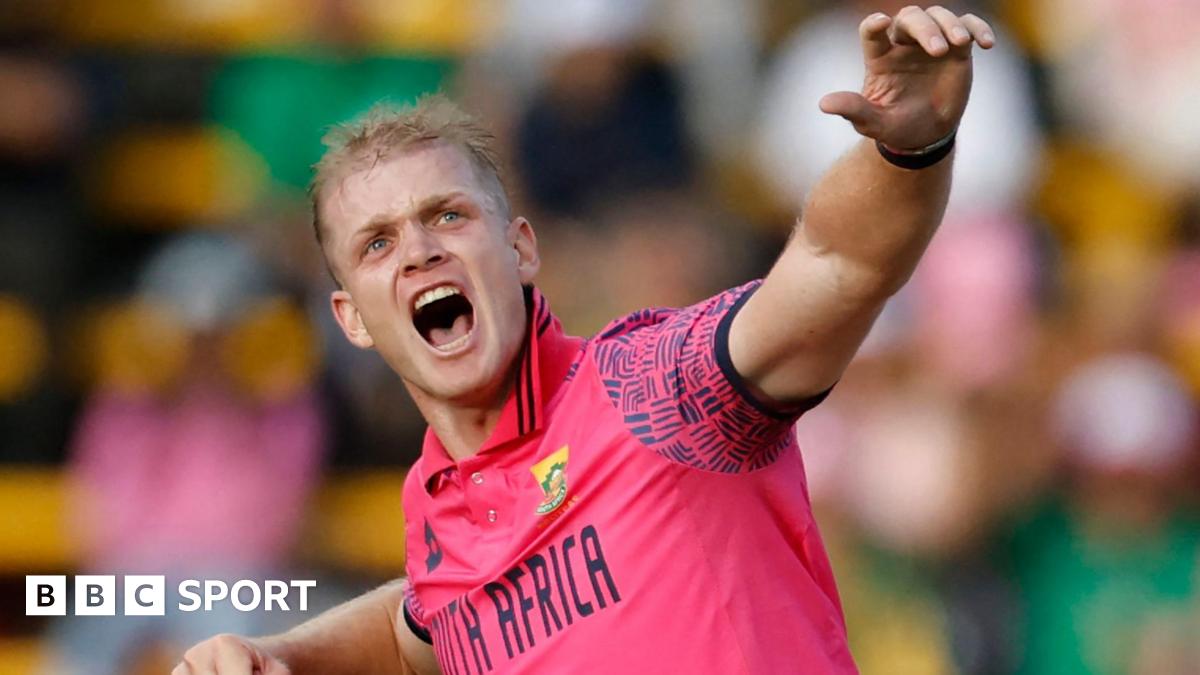England’s female cricketers land 30% pay rises and new multiyear deals

England’s female cricketers will receive pay rises of more than 30% when the next round of central contracts are issued in October, with some multiyear deals on offer for the first time.
The historic move to longer-term contracts follows the England and Wales Cricket Board giving multiyear deals to some of England’s male stars last year and will be a major boost to Heather Knight’s side before the Women’s T20 World Cup in the United Arab Emirates, which begins next week.
England’s players flew to the UAE earlier this week after reaching a collective agreement on the new contracts. The new deals are understood to be worth between £90,000 and £130,000 a year to the players depending on their seniority and experience, with some of them to be given contracts for two years.
England play the holders, Australia, in a warm-up game on Sunday and begin their campaign with a game against Bangladesh in Sharjah on 5 October, before further group matches against Scotland, West Indies and South Africa, and will be expected to reach the semi-finals at least. The overwhelming favourites, Australia, and India are in the other group for a tournament that has been moved to Sharjah and Dubai due to civil unrest in Bangladesh.
All 15 of Knight’s squad are expected to receive new contracts. About 18 full-time deals will be awarded by the ECB, a similar number to last year, with the extra money to be used to give the players higher salaries and greater security.
The pay rises have been made possible by a new funding deal agreed between the ECB and the Professional Cricketers’ Association, which represents international players through the Team England Player Partnership and England Women’s Player Partnership. The international pay deal is designed to mirror the ECB’s main broadcast contract with Sky Sports, who agreed an increased four-year deal to run from 2025.
England’s women will continue to receive the same match fee payments as the men’s teams in a policy introduced by the ECB last year, although the increase in salaries will be more significant to the players. The Independent Commission for Equity in Cricket (ICEC) report into discrimination in the sport published last year was critical of the ECB in concluding that “women receive an embarrassingly small amount compared to men”.
Among 44 recommendations, the ICEC report called for equal match fees “with immediate effect” and other forms of pay including salaries to be equalised by 2028. The ECB has made progress on the gender pay gap over the past 12 months and is expected to provide a further update on its plans to implement the ICEC’s recommendations next month.
after newsletter promotion
The ECB has also committed an extra £5m-a-year investment in women’s domestic cricket from 2025, much of which will go to the eight new tier one counties, who have committed to spending at least £500,000 a year on player salaries. Beth Barrett-Wild, director of the women’s professional game, said this week that the ECB wants to ensure that cricket is seen as an “enticing” profession for women rather than merely being “viable”.
In addition to the county funding, an extra £1m has been allocated to women’s salaries in the Hundred, taking the top salary for women’s players to £50,000, up from £15,000 when the competition launched in 2021.
The ECB declined to comment.
Related
‘Listen from one ear, ignore from the other’: Former India…
India's Rohit Sharma and Mohammed Shami (AP Photo) NEW DELHI: Former wicketkeeper-batter Syed Kirmani has expressed his opinion that experienced fast bowler Mo
India faces New Zealand in budding rivalry at Champions Trophy…
State AlabamaAlaskaArizonaArkansasCa
ICC and Unilever announce landmark partnership on International Women’s Day…
The two-year partnership, kicking off at this year’s Women’s Cricket World Cup in India and running until the end of 2027, marks the world cricket governing
IPL 2025: Mumbai Indians sign Corbin Bosch as replacement for…
Mumbai Indians have signed South Africa all-rounder Corbin Bosch as a replacement for his injured countryman Lizaad Williams for this year's Indian Premier Leag











